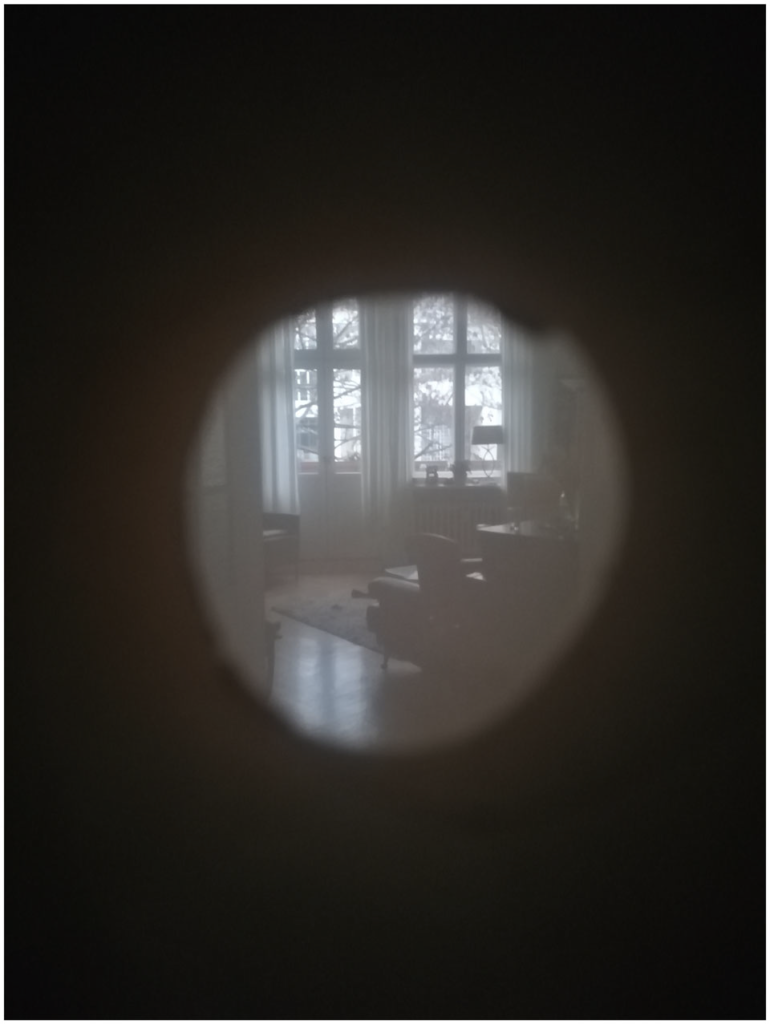As part of an ongoing collaboration with architect Micol Rispoli, we recently published an article in the journal Design & Culture. This text stems from a mutual interest in re-thinking the pedagogy of participatory design from plural embodied experiences, in this case searching to learn to be affected by neurodiverse spatial practice.

Design Before Design: Learning to be Affected by Neurodiverse Spatial Practices
Current ethical and political revivals of design pedagogy foreground the participation of neglected subjects in attempts to democratize design practice. This article explores what participatory design practitioners in architecture might be required to learn when reconfiguring their tasks in the wake of Science and Technology Studies (STS) approaches to Participatory Things: treating them as a more-than-human assembly and unfolding process. This requires designers and architects to engage in designing the “pre-conditions” of participatory practice, “learning to be affected” by variegated actors and their peculiar ways of dwelling. In describing our attempts at approximating ourselves to the spatial practices of a neurodivergent person, we suggest this requires taking into account more-than-verbal experiences that liberal understandings of participation tend to exclude. This approach is here discussed as “design before design”: a form of design practice learning from the alternative approaches to design practice that unfolding “things” might bring to the fore and invite to explore.
Recommended citation: Rispoli, M. & Criado, T.S. (2024). Design Before Design: Learning to be Affected by Neurodiverse Spatial Practices. Design and Culture, 16(3), 357–381 | PDF